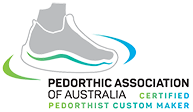Types of Custom Orthopaedic Footwear
Types of Custom Orthopaedic Footwear
Custom-made orthopaedic footwear comes in various types, each designed to address specific foot problems, biomechanical issues, or personal preferences. These types can be broadly categorised based on their purpose, design features, and the particular foot conditions they aim to alleviate.
Here are some common types:
Use the arrow above to scroll between types
Specifically designed for patients with diabetes, these shoes help prevent complications like diabetic foot ulcers and amputations. They typically have a wide and deep toe box, soft leather uppers, and seamless interiors to minimize irritation and pressure points. They also feature custom-moulded foot orthotics to distribute pressure evenly.
Footwear designed to accommodate a Charcot foot deformity with specific design characteristics to reduce pressure and force to the Charcot joint, and compensate for mechanical issues to ensure a safer gait cycle. This type of footwear is often an above-ankle boot featuring firm ankle stabilisation to reduce the risk of re-activation of the Charcot.
Designed for those suffering from arthritis, especially in the foot and ankle. These shoes have a roomy fit, soft materials, and minimal seams to reduce joint irritation. Special cushioning and adjustable closures like Velcro straps are common to accommodate changes in foot shape and size due to swelling.
For severe flat feet where orthotic intervention and footwear modification alone is not enough, custom footwear can be produced to accommodate the foot shape and provide greater stabilisation of the ankle joint and reduce overpronation.
A solution for people who require safety footwear for occupational reasons but commercial safety footwear is not suitable for their foot deformity or condition. We can produce footwear with carbon fibre toe caps to protect the feet. Please note, this footwear is not recognised as “safety footwear” as they are custom-made for each individual patient.
Each type of custom-made orthopaedic footwear is designed with specific features to address the wearer’s unique foot structure, health conditions, lifestyle needs, and personal preferences. Proper fitting and customisation are key to ensuring that the footwear effectively alleviates discomfort and improves mobility.





